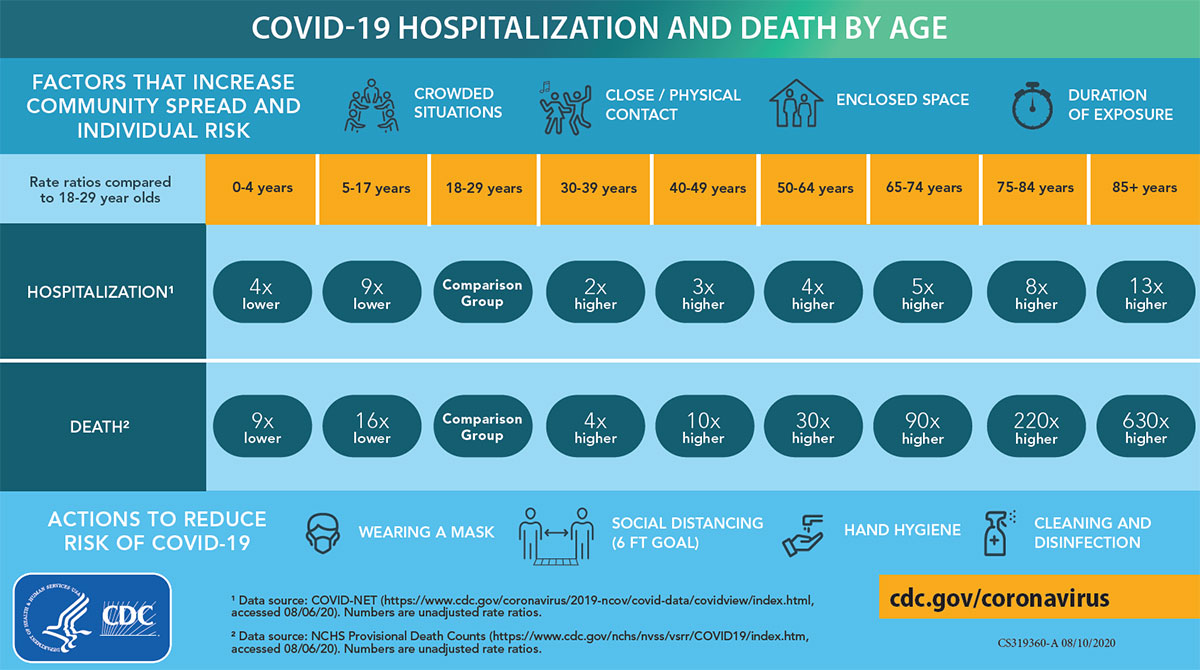Authors: Covid Analysis, Aug 12, 2021, Version 109 — twitter personality response, added Together Trial (V1 Nov 26, 2020)
•Meta analysis using the most serious outcome reported shows 73% and 86% improvement for early treatment and prophylaxis (RR 0.27 [0.16-0.44] and 0.14 [0.08-0.25]), with similar results after exclusion based sensitivity analysis, restriction to peer-reviewed studies, restriction to serious outcomes, and restriction to Randomized Controlled Trials.•61% and 96% lower mortality is observed for early treatment and prophylaxis (RR 0.39 [0.17-0.90] and 0.04 [0.00-0.59]). Statistically significant improvements are seen for mortality, hospitalization, recovery, cases, and viral clearance. 27 studies show statistically significant improvements in isolation.
| Studies | Prophylaxis | Early treatment | Late treatment | Patients | Authors | |
| All studies | 63 | 86% [75‑92%] | 73% [56‑84%] | 40% [24‑52%] | 26,422 | 613 |
| With exclusions | 51 | 88% [76‑94%] | 76% [66‑83%] | 50% [28‑65%] | 18,907 | 525 |
| Peer-reviewed | 42 | 86% [73‑93%] | 75% [61‑84%] | 43% [21‑59%] | 16,455 | 436 |
| Randomized Controlled Trials | 31 | 84% [25‑96%] | 67% [54‑76%] | 30% [2‑50%] | 6,561 | 359 |
| Mortality results | 25 | 96% [41‑100%] | 61% [10‑83%] | 53% [32‑67%] | 13,911 | 263 |
| Percentage improvement with ivermectin treatment |
•The probability that an ineffective treatment generated results as positive as the 63 studies to date is estimated to be 1 in 1 trillion (p = 0.00000000000083).
•Heterogeneity arises from many factors including treatment delay, population, dose, and effect measured, and is low in specific cases, e.g., early treatment mortality.
•While many treatments have some level of efficacy, they do not replace vaccines and other measures to avoid infection. Only 29% of ivermectin studies show zero events in the treatment arm.
•Elimination of COVID-19 is a race against viral evolution. No treatment, vaccine, or intervention is 100% available and effective for all current and future variants. All practical, effective, and safe means should be used. Those denying the efficacy of treatments share responsibility for the increased risk of COVID-19 becoming endemic; and the increased mortality, morbidity, and collateral damage.
•The evidence base is much larger and has much lower conflict of interest than typically used to approve drugs.•All data to reproduce this paper and sources are in the appendix.
See [Bryant, Hariyanto, Hill, Kory, Lawrie, Nardelli] for other meta analyses with similar results confirming effectiveness. 00.250.50.7511.251.51.752+Kory et al.69%0.31 [0.20-0.47]Improvement, RR [CI]Hill et al.75%0.25 [0.12-0.52]Bryant et al.62%0.38 [0.19-0.73]Lawrie et al.83%0.17 [0.08-0.35]Nardelli et al.79%0.21 [0.11-0.36]Hariyanto et al.69%0.31 [0.15-0.62]WHO (OR)81%0.19 [0.09-0.36]ivmmeta61%0.39 [0.28-0.56]Ivermectin meta analysis mortality resultsivmmeta.com 8/14/21Lower RiskIncreased Risk
| Evidence base used for other COVID-19 approvals | |||
| Medication | Studies | Patients | Improvement |
| Budesonide (UK) | 1 | 1,779 | 17% |
| Remdesivir (USA) | 1 | 1,063 | 31% |
| Casiri/imdevimab (USA) | 1 | 799 | 66% |
| Ivermectin evidence | 63 | 26,398 | 69% [60‑75%] |
For More Information: https://ivmmeta.com/
